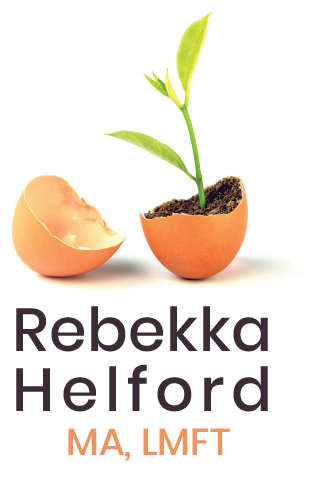Parent Q&A: My Four Year Old Is Fibbing!
Hi Rebekka,
I’m writing to ask you about my 4-year-old daughter Sherrie and get your advice. We noticed that she started sharing more made up stories; some are cute and harmless and more her trying to be funny, but a few were more like lying to avoid disappointing grown ups. While we definitely want her to continue trusting and sharing with us, and continue developing her imagination, I'm wondering what's the best way and strategies to teach her about honesty at this age.
Thanks so much for your insight!
My Four Year Old Is Fibbing!
Hey friend!
I'm happy to help you think about this!
As I often say to parents, "lying" represents an advancement in moral development - as children struggle to navigate between things they want to do but are forbidden from doing (i.e., they are aware of moral standards and values, but lack the impulse control to follow them) the lie strikes a compromise between what they know they should do and what they desire!
Here's a useful quote from the child development textbook I use when teaching:
Young preschoolers have trouble tolerating the feeling that they have been bad; consequently, they often rely on defenses of projection and denial. For example, they may deny that they have hurt another kid, and in fact are likely to blame the victim, saying, “He hit me first” or “He was going to hit me.” Between 5 and 6 years of age, they gradually take more responsibility for their actions. In work with parents, it is often useful to point out that the “lies” preschoolers tell often represent wishes or attempts at self-protection. We can suggest that parents contradict the “lie” without punishing the child for lying.
-Child Development (4th ed. ) by D. Davies & M. F. Troy (pp. 304-305). Guilford Publications.
As Davies and Troy note, we can acknowledge the "lie" without being shaming or punitive. We can also "translate" the messaging underneath the "lie" by telling a little story, like so: "I think you really wanted another cookie, but you knew that mommy and daddy had told you that one was the limit. It was so hard to keep away from that cookie, but afterwards you remembered the rule. Next time mommy and daddy will help with the limit by putting the cookies in a place where they're not so tempting!"
I hope this helps! Good luck and take good care,
Rebekka
Dear Rebekka,
Thanks, this is super helpful! What I have said to her is that I know what she said did not happen, and she's not in trouble because everyone makes mistakes, but it's important to always tell the truth. However, I do feel like we talk about "actions have consequences" (both positive and negative naturally or logically) at home quite often, and I wonder if that makes her "lie" because she understands and tries to avoid certain consequences instead of learning to make better decisions. I’ll try your approach and try to remember that learning to make better decisions is long-term project we’re helping Sherrie with as she grows up.
Thanks again!
My Four Year Old Is Fibbing (And That’s Developmentally Appropriate!)
Rebekka Helford is a licensed marriage and family therapist in private practice in Los Angeles, California. With over a decade of experience working with parents and young children, Rebekka specializes in short-term intensive parenting consultation, using a variety of tools including home, office, and school visits to help families navigate developmental hiccups and get back on track. Virtual visits now available!
Click here to schedule an appointment or contact Rebekka with a question – who knows, she might even answer it in her next post!


